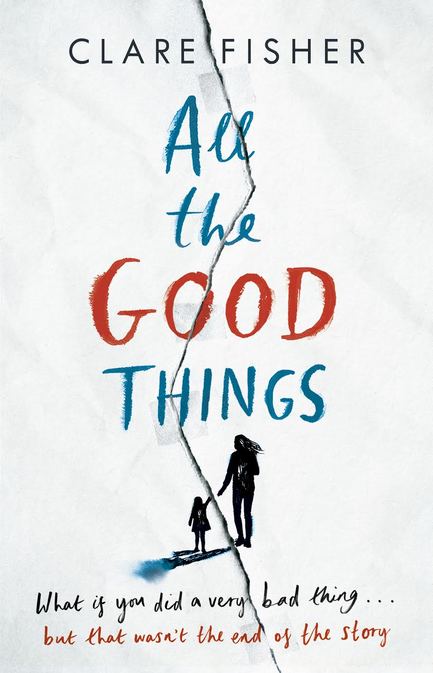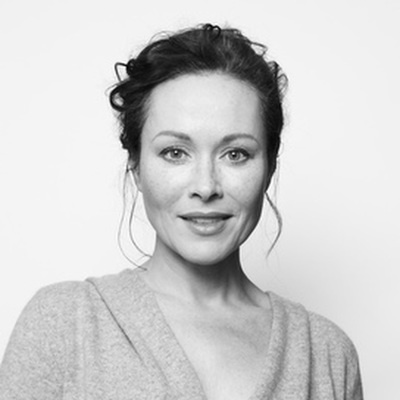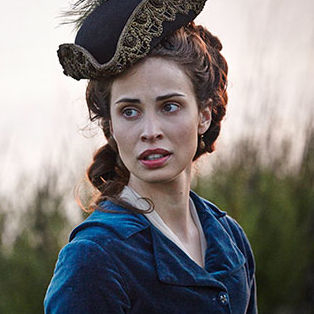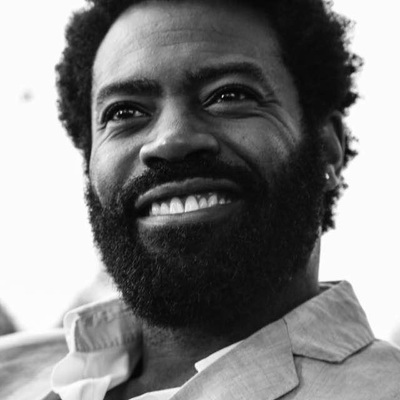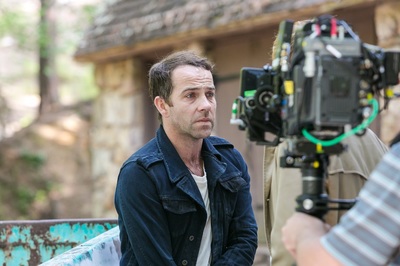Clare Fisher
|
June 2017 | by Carl Marsh
|
|
|
What is the biggest difference to your everyday life when you are out and about now that you're a published author with your debut All The Good Things?
I have to try very hard not to jump up and down when I see my book in the shops! Did anyone ever tell you that you were wasting your time when you were writing this book? I was so scared that people would tell me this, I hardly told anyone I was writing it. Seeing people pull 'oh, I'm sorry for you' faces when I told them I wrote fiction was bad enough. But I think the only way to keep on writing is not to care what anyone might think. How did you write this book, was it early mornings, late evenings, holidays, weekends? All of the above. Writing and inspiration are strange and erratic beasts, but I usually like mornings best - before the world, and twitter, have got in the way. With All The Good Things, what book can you compare it to, and how could you tempt somebody to read your book over the other that one? Do I have to answer this?! I could compare it to Nathan Filer's The Shock of the Fall in that it is a compulsive, voice-driven novel about a character from a world that is rarely represented in literary fiction. The Shock of the Fall came out a few years ago so you will probably have already read it. Read mine for the gobby female characters, the appreciation of the small good things in life like sniffing your baby's head for the first time or flirting at Orange Wednesdays. I guess it was not easy for you to leave your writing when you go home to your family or spend it with friends on a night out? If it's going badly, I am always looking for excuses to leave it. If it's going well, I find it hard to pull myself away, and can easily sit down for what I think will be five minutes only to see that an hour has whizzed by and I am now disasterously late... When you are really in the belly of a novel it is burning away at the back of your mind all the time and you are constantly on the look-out for clues. What is the most satisfying part of writing for you? Those rare and precious moments when the words just flow and you hardly feel like you are writing them; also the moment when you've really nailed a deep edit and you know the work is as good as it is ever going to be. When does a book really become a great book in your opinion? When you are still thinking about it months or even years later. When you experience something and a phrase or moment or image from said book pops into your mind. When you want to reread it and when you do you find it is a different and much better book than the one you remembered. Does being a writer require a thick skin? Hell yes! Ideally, you'd have not so much a skin as a thick layer of bullet-and-nuclear-bomb proof brick. What is more important as a writer: life experience or writing experience? Both. And I think it's your attitude to those experiences - whether you are willing to scrutinise and learn from them - that matters more than the experiences themselves. If you could change anything about your debut All The Good Things, what would it be, and why? Every time I read it, I find things I want to change: words that could be cut out or different or in a different order. I've heard other writers say similar things. Every time you re-read your work, you're reminded that it is not quite the shiny thing you first imagined. But I wouldn't want it to be; this is the gap - or, if you prefer, the failure - that keeps us writing. @claresitafisher |
Occupation: Author
Country: UK For a FREE sample of this book, please click the picture below.
For a FREE sample of this book, please click the picture below.
For a FREE sample of this book, please click the picture above.
|

